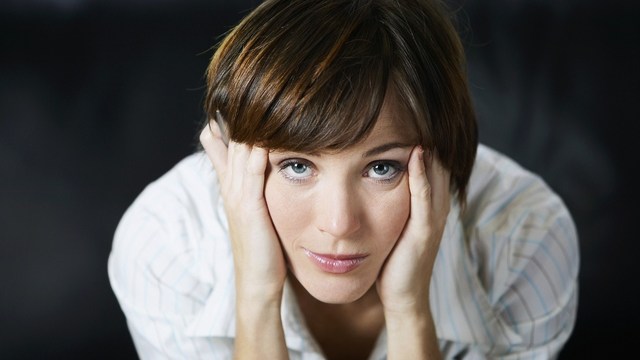Dr. Rakel explains bacteria's effect on the intestine.
Dr. Rakel:
In our bodies we have more foreign DNA than our own DNA. We are more prokaryotic than eukaryotic. That means I have more cells that are not of my own DNA in my body than of my own DNA. So if you think about it we are one large symbiotic organism where we are working in synergy with other living beings, mainly these bacteria in our large colon and our bowel.
So that interaction helps us out so the bacteria helps us digest nutrients, it helps us absorb nutrients and we are actually seeing that the types of bacteria change with different processes. So what we are learning is, let’s take obesity for example. We don’t know, we can’t say that a certain bacteria causes obesity, that’s way over simplified, but we do know that when we lose weight we change the ecosystem in our bowels to change the bacteria.
And if you think about it, bacteria who want us to absorb nutrients, they want us to have as much energy as possible when I gain a lot of weight or I eat a lot of saturated fat, that then actually changes the eco system within my bowel that causes me to have more bacteria that are really good at helping me absorb nutrients or calories.
When I lose weight or when I start to exercise more, I start to eat more fruits and vegetables and less saturated fat, I actually change the eco system in my bowel that helps me maintain that weight but it takes time. It takes six to eight months for us to change that eco system so persistence and lifestyle changes are the key there. And if we choose to exercise, we choose to eat better, we are going to change that eco system.
Our intention can change our body’s reactions. So we have the power in that. It’s not going to happen by taking a probiotic. Sometimes that’s very helpful but our choice can change that eco system.
About Dr. Rakel, M.D.:
Dr. David Rakel, M.D., attended medical school at Baylor College of Medicine in Houston, Texas, and completed a family practice residency in Greeley, Colorado. He spent the next five years in rural practice as one of two physicians staffing a 14 bed hospital in Driggs, Idaho. As medical director for Grand Targhee Ski resort in Wyoming, he developed an interest in sports medicine and received his Certificate of Added Qualification in 1999.
Dr. Rakel completed a two year fellowship in Integrative Medicine at the University of Arizona from 1999-2001. He joined the University of Wisconsin Department of Family Medicine in 2001 where he teaches and practices, and is the medical director for the University of Wisconsin Health Integrative Medicine. Dave is board certified in family medicine, holistic medicine and sports medicine. He is also certified in Interactive Guided Imagery.
Visit Dr. Rakel at The University of Wisconsin School of Medicine and Public Health





















